
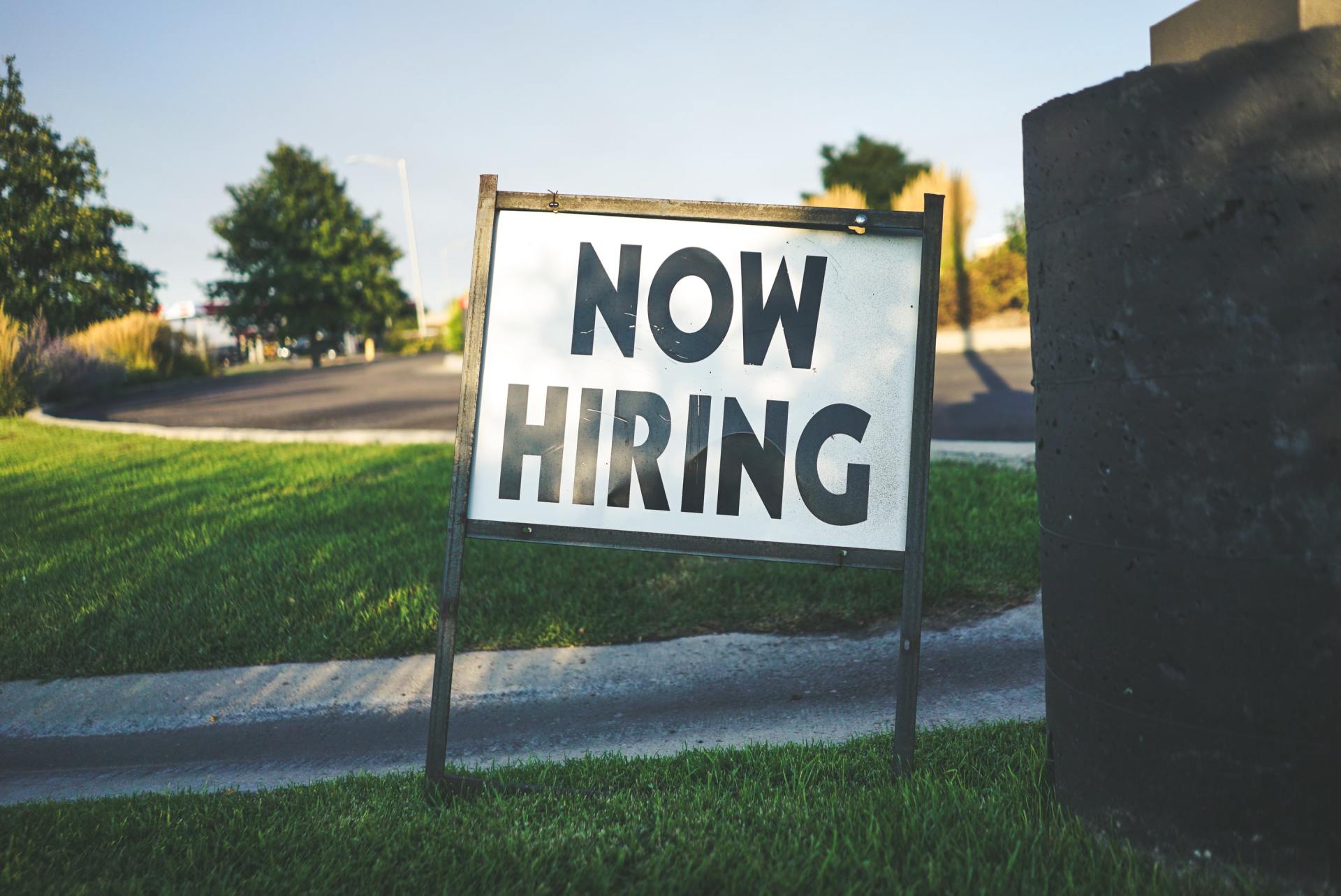
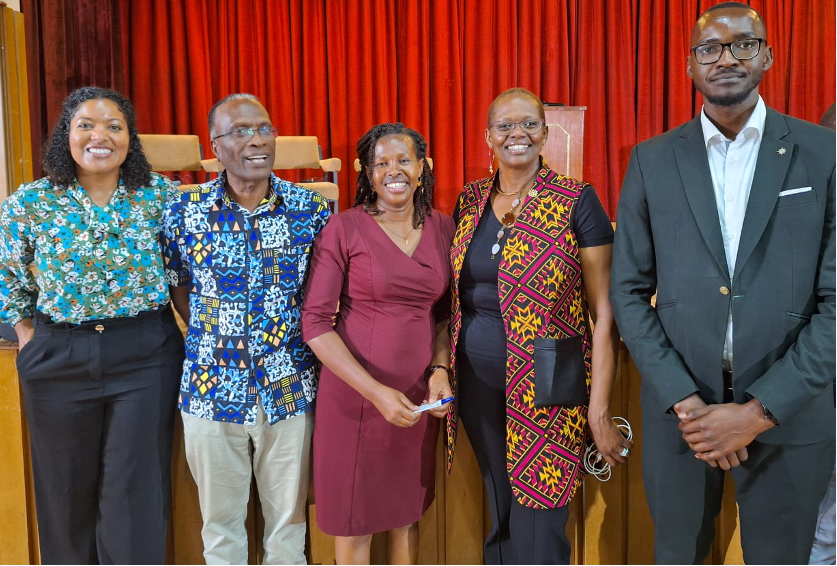
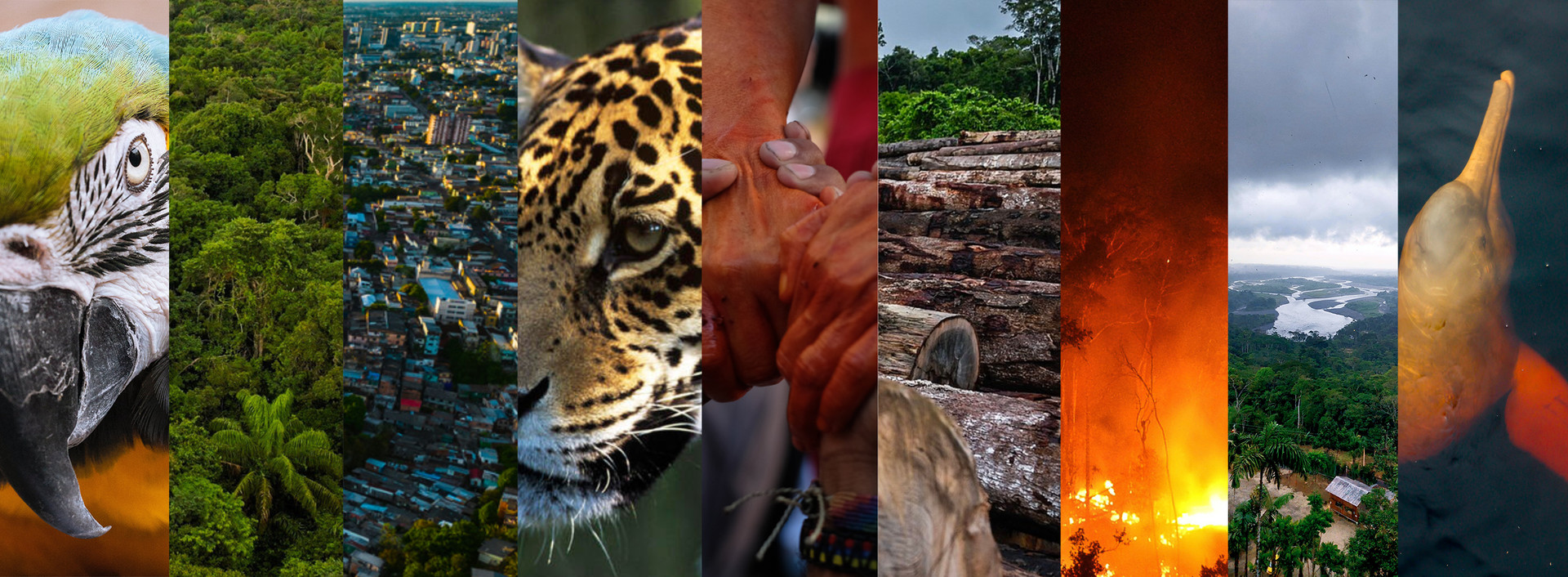
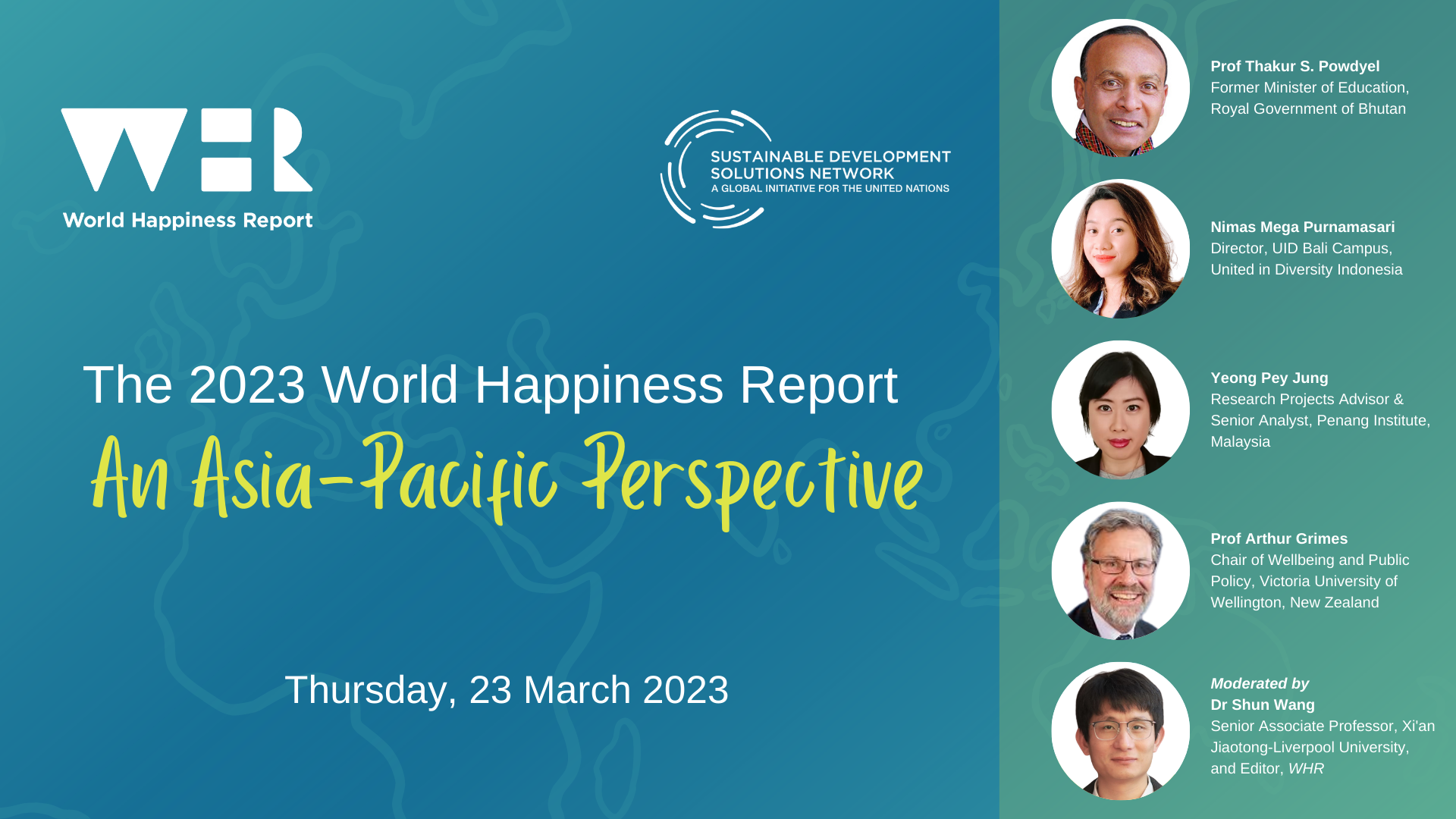
On March 20 2023, the International Day of Happiness, SDSN and partners officially launched World Happiness Report 2023. To mark the occasion, on March 23, SDSN hosted a webinar aimed at exploring happiness and wellbeing from various perspectives within the Asia-Pacific, reflect on Asian countries’ 2023 rankings, and discuss the future for happiness in the region. The 90-minute webinar drew an audience of 120 attendees from 19 countries from across the Asia-Pacific and beyond.
Moderator:
Panelists:
The event began with a welcome from moderator Dr. Shun Wang, Senior Associate Professor at the International Business School Suzhou of Xi'an Jiaotong-Liverpool University, and Co-Editor of the
World Happiness Report. Dr. Wang then gave an overview of
World Happiness Reports
past and present
and highlighted that, while countries in the Asia-Pacific are doing relatively well, they are not as highly as those in Europe, specifically the Nordic countries. In 2023, New Zealand and Australia are ranked 10 and 12, respectively, with Singapore and Taiwan ranked 25 and 27.
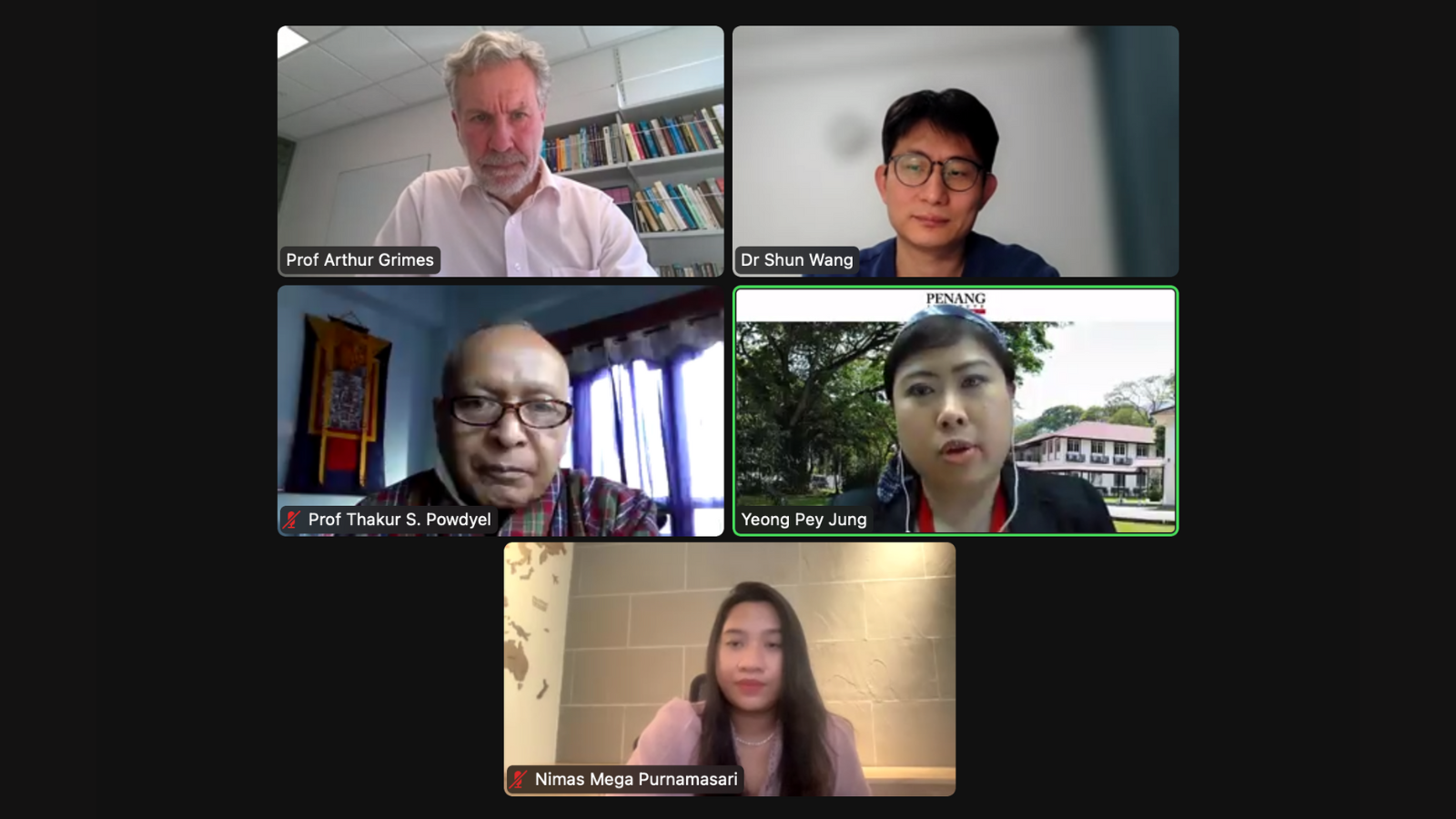
Dr. Wang then welcomed the panel of speakers, starting with Prof. Thakur S. Powdyel, former Minister of Education for the Royal Government of Bhutan. After a tribute to King Jigme Singye Wangchuck, the fourth Druk Gyalpo, who first articulated Bhutan’s holistic vision of Gross National Happiness, Prof. Powdyel turned to metaphor, explaining that his presentation was based on the principle that every nation should have its “North Star.” GDP as a measure of progress, he said, only tells part of the story. Bhutan wanted a more inclusive view and based its Gross National Happiness Index on four pillars: fair and sustainable socio-economic development; conservation and promotion of a vibrant culture; environmental protection; and good governance. "If a nation has such a vision," he continued, "how does the education system actualise that vision?" In 2009, Bhutan convened 70 education experts from around the world to help develop a project on “Education for Gross National Happiness.” The brainchild of the project, the Green School initiative, was integrated in all Bhutanese schools and focuses on eight elements of greenery: natural, social, cultural, intellectual, academic, aesthetic, spiritual and moral. Prof. Powdyel wrote about this initiative in his book My Green School: An Outline.
Prof. Powydel concluded his presentation by remarking that “continuing education as-is is easy. We need a North Star for education. For us, the Green Schools are our North Star.”
Next, Ms. Nimas Mega Purnamasari, Director of the United In Diversity Bali Campus, delivered a presentation on “Tri Hita Karana for Bali and Beyond,” covering the ancient Balinese philosophy of Tri Hita Karana (THK), the influence of THK in policy and practice and the role of United in Diversity (UID) in promoting THK.
After introducing Bali’s three-pronged environmental wellbeing philosophy, Ms. Purnamasari spoke about the New Era Bali Kerthi Economic Roadmap, which aims to realize a new era of Bali that is focused on a balance of nature, humans and culture, inspired by the values of Tri Hita Karana. The Kerthi Bali roadmap identifies six sectors that are key to its achievement—agriculture, the marine and fisheries sector, industry, micro, small and medium enterprises and cooperatives, the creative and digital economy, and tourism—aims to achieve the six needed transformational agendas: a Smart and Healthy Bali, through strengthening human resources capacity and capability; a Productive Bali, through increasing labor productivity, strengthening tourism, SMEs and the creative economy among others; a Green Bali, through increasing use of new and renewable energy, mitigating and adapting to climate change and implementing blue economy development, among others; an Integrated Bali, through economic diversification and increased domestic and international trade activities; a Bali Smart Island, through digital transformations and ecosystems; and Bali Conducive, through strengthening regional finances and increasing innovative financing among others.
She concluded her presentation by highlighting United in Diversity Foundation’s flagship programs, including the Tri Hita Karana Forum, which works to foster collaboration across the global investment community and aims to mobilize 37.5 billion USD in commercial and catalytic capital for SDG-linked initiatives. The THK Forum is co-organized with SDSN, THK Future Knowledge and THK Blended Finance. The UID Bali Campus is the institutional host of SDSN Southeast Asia.
Ms. Yeong Pey Jung, Research Projects Advisor & Senior Analyst at Malaysia’s Penang Institute, spoke next, presenting the Institute’s Happiness in Penang (HIP) Index. This index was part of the Penang 2023 plan to make the Malaysian state of Penang smart, inclusive and sustainable. Informed by the Alkire-Foster Method of measuring multidimensional poverty, the HIP Index uses a multidimensional approach to measure the happiness of Penangites.
The HIP Index covers four domains: freedom and governance, economic wellbeing, environmental sustainability, and liveability and social wellbeing. From these domains, 27 indicators were identified to define and analyze the happiness of Penangites. Researchers found that each domain had close to 80% of Penagites feeling “happy.” The Penang Institute is a member of SDSN Malaysia.
Finally, Prof. Arthur Grimes, Chair of Wellbeing and Public Policy at Victoria University of Wellington’s School of Government, discussed New Zealand’s Wellbeing Budget in the context of New Zealand’s longstanding, progressive emphasis on welfare, noting that the terms “welfare” and “wellbeing” are historically synonymous. The prior government promoted a social investment approach that prioritized multigenerational wellbeing, as well as public service indicators driven by measurable, time-bound targets. The current government’s approach to wellbeing, which Prof. Grimes admitted is less targeted than its predecessor, is backed by the New Zealand Treasury Living Standards Framework, which looks at 12 domains of wellbeing organized into three categories: Individual and Collective Wellbeing, Instructions and Governance, and the Wealth of Aotearoa New Zealand. While the Framework is comprehensive and well-suited to New Zealand’s multicultural population, said Prof. Grimes, it is not easily translated into policy. This was particularly evident during COVID lockdowns, where data gathered against the Framework’s indicators did not always indicate what interventions were needed. He concluded by reemphasizing the importance of measurable targets for enacting wellbeing policy. Victoria University of Wellington is a member of SDSN Australia, New Zealand, and Pacific.
During the brief open discussion, Prof Powydel shared how green education philosophy relates to student achievement in the context of Bhutan. This was followed by Ms. Yeong’s response to the question on whether the HIP Index can be applied to other regions, emphasizing that it is possible however consideration of the needs and priorities of the local community is important and requires on-the-ground exercises such as focus group discussions. When asked whether other governments can emulate the success New Zealand has had with its Wellbeing Budget, Prof. Grimes responded that the previous framework established was more impressive and that with this budget, they had to supplement the rhetoric of wellbeing with actual targets and dates.
Watch the event recording below or in the
SDG Academy Library.
To stay updated on SDSN’s activities in Asia, visit our webpage or email us at sdsn-in-asia@unsdsn.org.

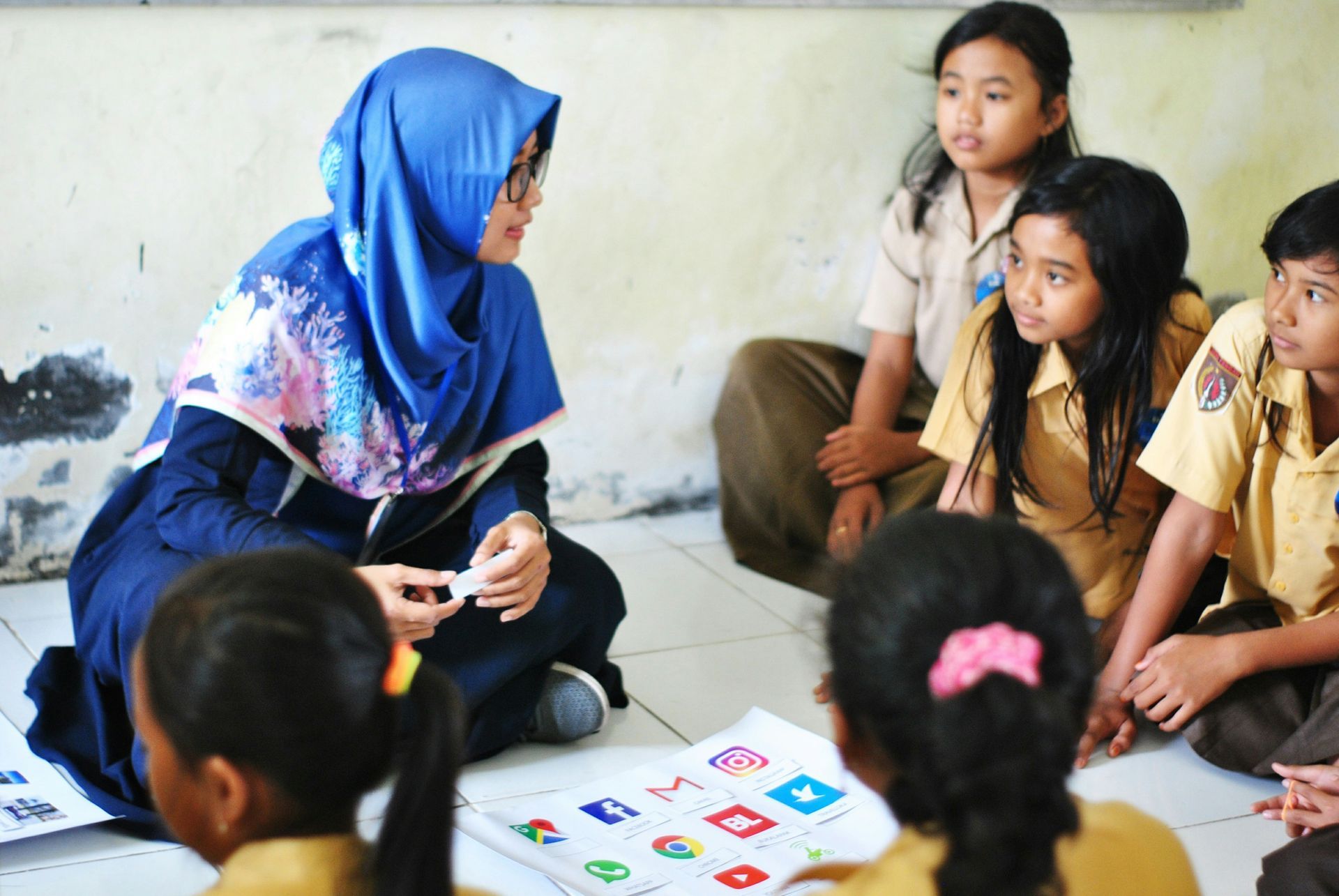



Get our latest insights, opportunities to engage with our networks, and more.
SDSN mobilizes global scientific and technological expertise to promote practical solutions for sustainable development, including the implementation of the Sustainable Development Goals (SDGs) and the Paris Climate Agreement.
Paris
19 rue Bergère
75009 Paris
France
+33 (0) 1 84 86 06 60
New York
475 Riverside Drive
Suite 530
New York NY 10115 USA
+1 (212) 870-3920
Kuala Lumpur
Sunway University
Sunway City Kuala Lumpur
5 Jalan Universiti
Selangor 47500
Malaysia
+60 (3) 7491-8622